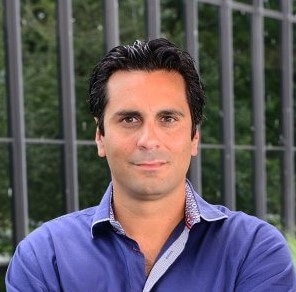Nov 15
2019
Extending Legacy Systems To The Cloud For Secure Communications
By Paul Banco, CEO, etherFAX.

Today, the average cost of a healthcare data breach is $429 per record. When organizations factor in the loss of productivity, the amount of civil complaints and fines levied, plus the public relations besmirching, the cost implications skyrocket. In 2018, the Department of Health and Human Services Office of Civil Rights concluded a record year in HIPAA enforcement activity – 10 settlement cases and one judgment totaled a whopping $28.7 million.
Though every industry is susceptible to cyberattacks, healthcare has experienced the largest growth in attacks over the years because patient records, insurance information, and social security numbers are more valuable on the dark web. Unfortunately, legacy systems may to be blame for the uptick in cyberattacks. Forescout researchers determined 53% of common medical devices are still operating on traditional, legacy platforms.
Legacy systems, insufficient access controls, and the proliferation of medical IoT devices have created security vulnerabilities that leave hospitals wide open to cyberattacks. Research from Vectra found that the majority of legacy systems are unsecured because healthcare organizations simply can’t afford the amount of downtime that patching requires.
To guarantee that unstructured data is transmitted securely, healthcare organizations must extend their analog fax machines to a hybrid-cloud network that is HIPAA complaint and provides end-to-end encryption, two-factor authentication, and direct faxing capabilities.
Hybrid-Cloud Technology
By leveraging the cloud and delivering all faxes via HTTPS, outdated fax boards, media gateways, and the complex telephony stack are eliminated. Unlike a legacy analog fax infrastructure, hybrid cloud technology can ensure that time-sensitive protected health information (PHI) are delivered within seconds with high-resolution, near-diagnostic image quality, and the highest levels of encryption. The accessibility of fax, coupled with the scalability of the cloud, ensures the exchange of PHI among the healthcare ecosystem is protected. This allows patients to receive high-quality care without compromising their personal information.